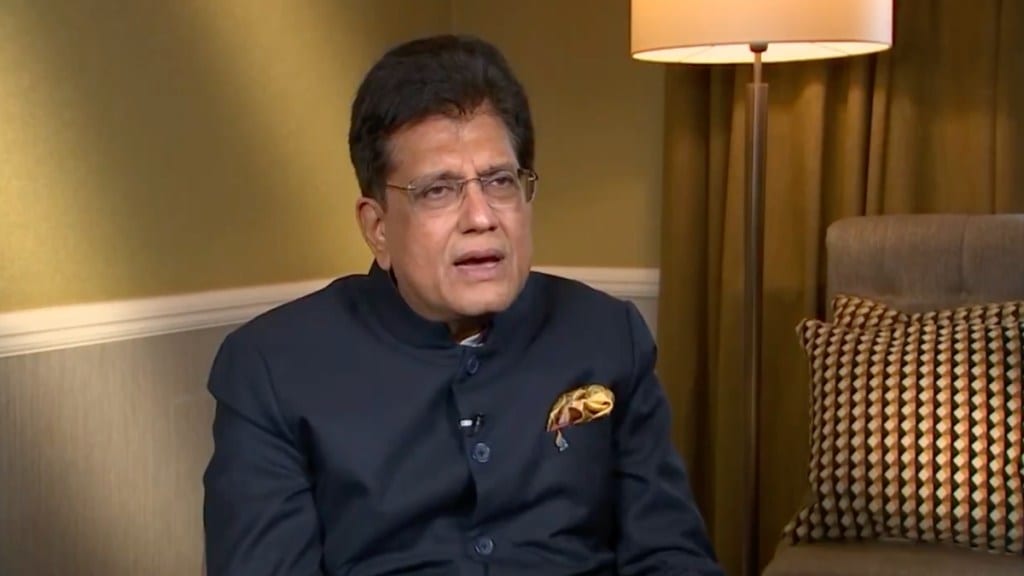India-US trade: India is pushing for “preferential” tariff treatment from the United States, surpassing what its economic competitors like Japan and Vietnam currently enjoy, Commerce and Industry Minister Piyush Goyal said. As the deadline looms for a potential new round of US tariffs, Goyal remains confident that India will secure a strong deal rooted in mutual benefit.
India seeks edge over Japan, Vietnam in US trade talks
Speaking to CNBC and Bloomberg TV during a visit to London on the sidelines of the India-UK trade deal, Goyal highlighted the significant headway made in bilateral trade negotiations with Washington. “India will get a preferential tariff compared to our peers and competitors, because we were amongst the first to get into negotiations,” he said, citing strong diplomatic and economic engagement with the United States.
The minister was responding to questions over whether India could expect lower tariffs than those currently imposed on Japan and Vietnam, whose exports face duties of up to 20%. Goyal said negotiations were “progressing extremely well” and aligned with Prime Minister Narendra Modi’s goal of achieving $500 billion in bilateral trade with the US by 2030.
Goyal attributed much of the progress to his close working relationships with US officials, including Commerce Secretary Howard Lutnick and US Trade Representative Jamieson Greer, both of whom he described as “very dear friends.”
“I’m always confident,” Goyal told Bloomberg. “I’ve had some wonderful engagement with my colleagues from the US. There are no real sticking points in the relationship.”
While immigration issues like the H-1B visa programme have not arisen in this year’s talks, the negotiations have centred on sectors critical to both nations, including pharmaceuticals, auto components, and agriculture.
Deadline pressure
This comes amid reports that the White House may impose 26% tariffs on Indian imports if no deal is reached by 1 August. While Goyal acknowledged that agriculture remains a “sensitive” issue for India, he declined to comment on specific sticking points, reiterating that India would protect the interests of its farmers and micro, small, and medium enterprises (MSMEs).
“We’re always very sensitive to our farmers and MSMEs, and we’ll ensure our concerns are well protected,” he said. Goyal also noted that US negotiators were “cognisant and sensitive” to India’s position on such matters.
In a veiled reference to past trade arrangements, Goyal said India was now focusing on “developed nations who complement the India story,” rather than entering deals that undermine its domestic economy. He cited India’s 2019 withdrawal from the China-dominated RCEP as an example of this policy shift.
Although some Indian government sources earlier suggested that an interim deal before the August deadline was unlikely, Goyal downplayed the importance of deadlines, saying, “What matters is a balanced, win-win package.”

